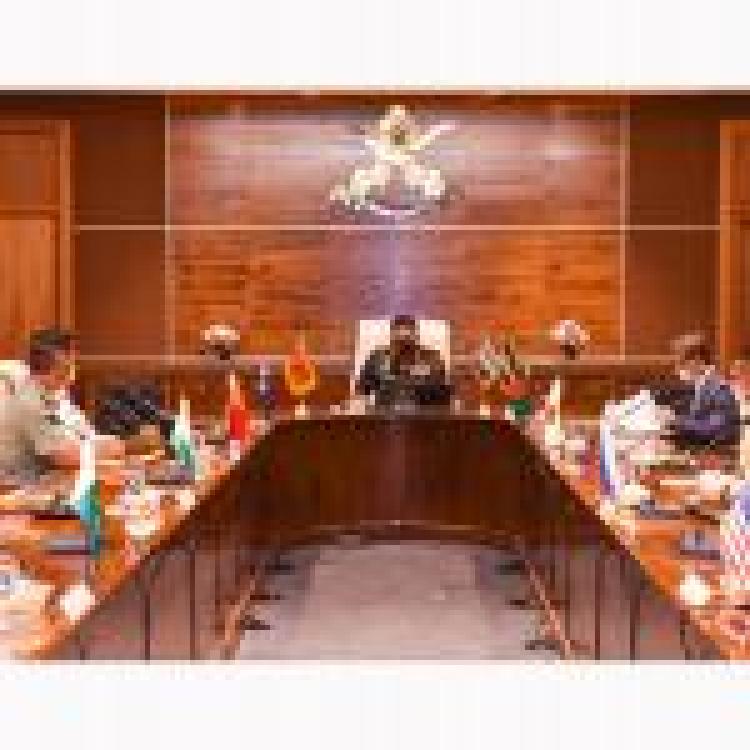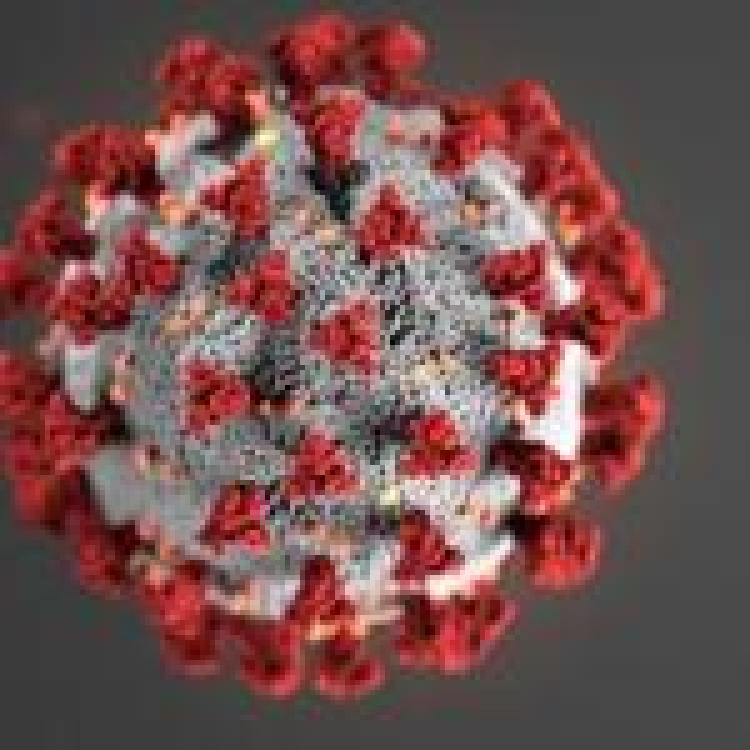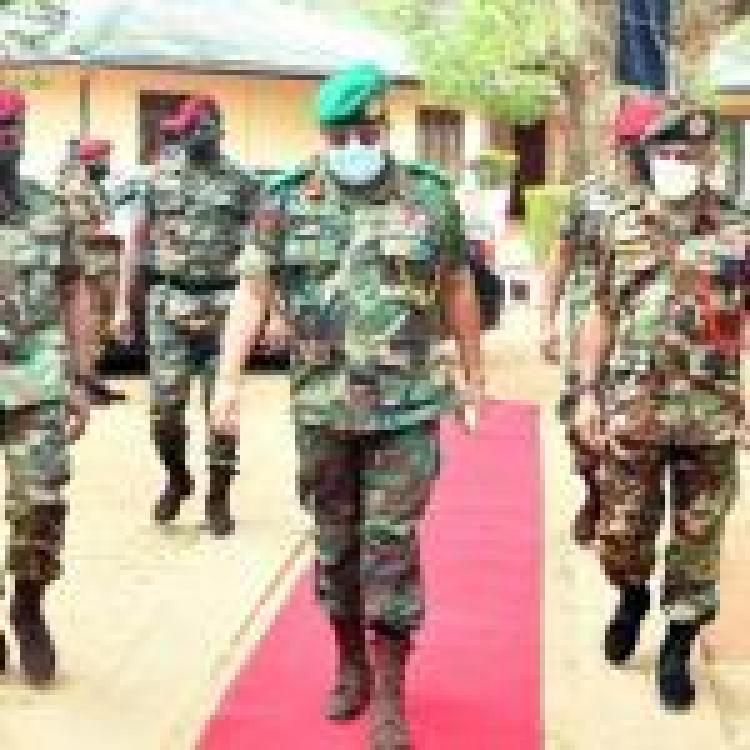Military-enforced lockdown in Mannar
Sri Lanka has seen a recent rise in COVID-19 cases causing authorities to increase the coronavirus-related curfew zones to 56 police divisions and increasing militarisation, which many human rights advocates have voiced concern over.
So far, the island has reported over 8,000 COVID-19 cases with the total number of deaths rising to 16. More than half of these cases can be seen from just two clusters, a garment export factory in Minuwangoda, Western Province, and a wholesale fish market in Peliyagoda, a suburban area of Colombo.
The Sri Lankan government has also expanded its “quarantine curfew” to include several localities in and around Colombo this weekend, regardless of the fact no isolated case has been reported outside of these two key clusters, to be termed as a community spread, according to Dr. Sudath Samaraweera, Chief Epidemiologist at the Ministry of Health.
“Sri Lanka’s involvement of the military at every level, with limited parliamentary and civilian oversight, raises serious human rights and rule of law concerns," stated Boram Jang, Legal Advisor at the International Commission of Jurists Asia & the Pacific Programme. "Public health officials have expressed disagreements with medical authorities in terms of statistics and strategy for managing the outbreak."
Military-led response subjects’ workers in garment cluster to a greater threat
In parts of Katunayake Free Trade Zone (KFTZ) hundreds of workers at the Brandix apparel factory in Minuwangoda tested positive for COVID-19. Many of the workers at the factory travel from rural areas in Sri Lanka and live in overcrowded boarding houses which also house children and pregnant women. On 11 October, in a militarised response to Covid-19, the army was called in to round up workers late at night and early in the morning, forcibly taking them to makeshift quarantine centres without informing them where they were going. The workers were separated from the children and were not provided face masks.
Furthermore, the quarantine centers itself had not been clean with toilets flooded and unsanitary with many workers finding the food inedible. The army also failed to conduct Polymerase Chain Reaction (PCR) tests before loading workers onto buses and upon admission to the center.
Many trade unions and human rights activists spoke out that during this course of action by the military stating the workers were instead subjected to a greater threat of contagion as well as numerous indignities.
“The manner in which the Sri Lankan Government and the military have handled the recent outbreak among the workers has been deeply troubling… [the] absence of judicial oversight is in clear violation of basic COVID-19 regulations adhered by the Government. At the heart of all these problems lies a heavily militarised and politicised COVID-19 response” stated Jang.
The heavily militarised response fails to follow ethical guidelines
Alleged war criminal, Shavendra Silva, is the head of the National Operation Centre for Prevention of COVID-19 Outbreak (NOCPCO) which was created to prevent the spread of the disease.
Rajapaksa has also appointed military officials to other key public sector positions including the Secretary of the Ministry of Health, the Director General of the Disaster Management Centre, and the Director General of the Customs Department.
On 20 March, President Gotabaya Rajapaksa gave full powers to the Police to arrest people for violating curfew and over 60,000 people have been arrested for alleged curfew violations. "There are 56 police divisions which have been placed under police curfew and violators would be strictly dealt with," police spokesman Ajith Rohana stated, on Sunday.
“When the military conducts law enforcement functions, they should be subordinate to civilian authority and accountable under civilian law and are subject to standards applied to law enforcement officials under international human rights law” stated Jang.
“However, in Sri Lanka now, there is no public discussion or transparency about the actions and decisions of the military during the COVID-19 response. All decisions related to the public health crisis are being made by the NOCPCO with Silva at the helm, without any Judicial or Parliamentary oversight, nor any public institutional processes informing those decisions and holding him accountable to them.”
Militarisation response 'exacerbates the existing ethnic divides'
“Having the military to oversee the public health policy and to act as the State’s first responders also normalises military occupation, exacerbates the existing ethnic divides, and further deteriorates human rights in Sri Lanka” stated Jang.
Muslims in Sri Lanka have complained about inappropriate State policies and violations of their freedom to worship.
Furthermore, the government-mandated compulsory cremations for Muslims who have died from the virus go against Islamic practices and violated the World Health Organisation's (WHO) guidelines.
Click to read Boram Jang’s full piece; "Sri Lanka: Vulnerable groups pay the price for militarisation of COVID-19 response"



